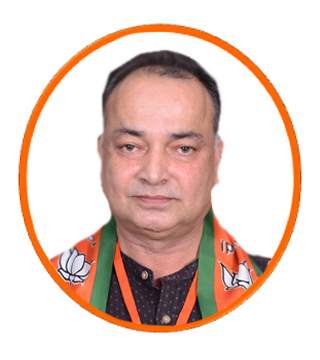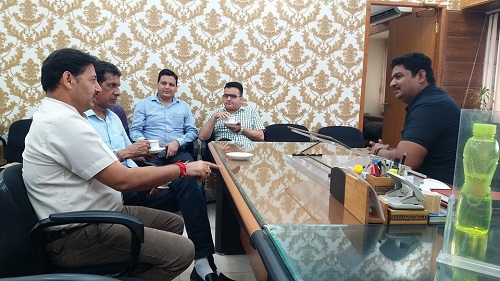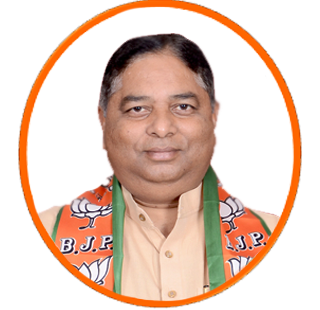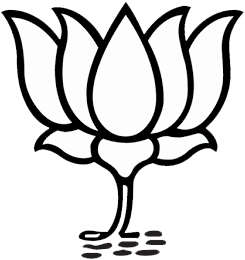BJP State General Secretary Harinder Gupta appreciated the long awaited move by the Union Cabinet to extend incentives to Industries in Jammu & Kashmir essential for survival Trade & Industries sector of J&K.
It is pertinent to mention here that the special incentives which were being provided to the Industries in the J&K State and the other Himalyan and North Eastern States for their survival, keeping in view of difficult Industrial conditions in these areas, had ceased to exist after the implementation of Goods and Services Tax (GST) in the country. There was strong demand from all sectors, to make a quick decision in this regard to continue the incentives for the survival of the Industrial sector. BJP is committed to make all the decisions necessary for growth and development of the State and the Nation, he added.
Harinder Gupta expressed his gratitude towards the Prime Minister of India, Narendra Modi and Finance Minister of India, Arun Jaitely for their kind consideration to continue with the tax benefits for the state. He also appreciated the efforts of Industries Minister of J&K, Chander Prakash Ganga, who took up the issue regularly with the Finance Minister of India and Union minister of Commerce, Nirmala Sitharaman.
Harinder Gupta said that the Cabinet Committee on Economic Affairs (CCEA) chaired by PM Modi approved the Scheme of providing budgetary support under GST regime for eligible industrial units in Jammu & Kashmir along with other States. He said that the Industrial incentives have been extended for a period of 10 years with effect from July 1, 2017 to March 31, 2027 for the Industrial units, which were located in Jammu & Kashmir and other States, which availed the benefit of Central Excise exemption prior to implementation of the GST. He said that the Cabinet approved budgetary support of 27,413 Crore Rupees for the Industrial incentive scheme.
He said that the working conditions in the J&K state for the Industrial sector were being felt very difficult for the survival as J&K State is a chiefly consumer state which is on the terminal limit of the country and also has to mainly depend upon other states for the raw material and the labour with a limited target market. He said that the conditions were forcing the price hike of the commodities resulting in the less consumption of the locally manufactured products after the implementation of the GST as it was essential for the modification in the new tax regime to continue with the previous tax benefits.




